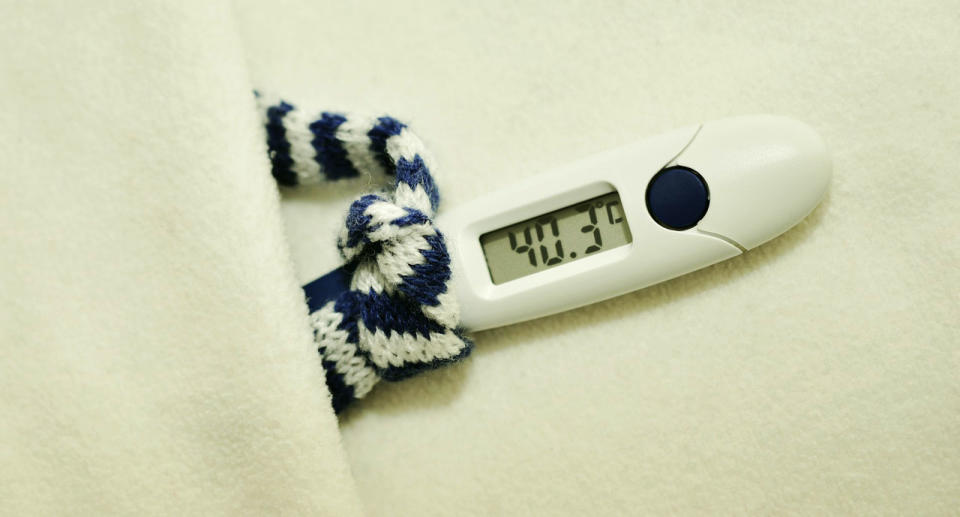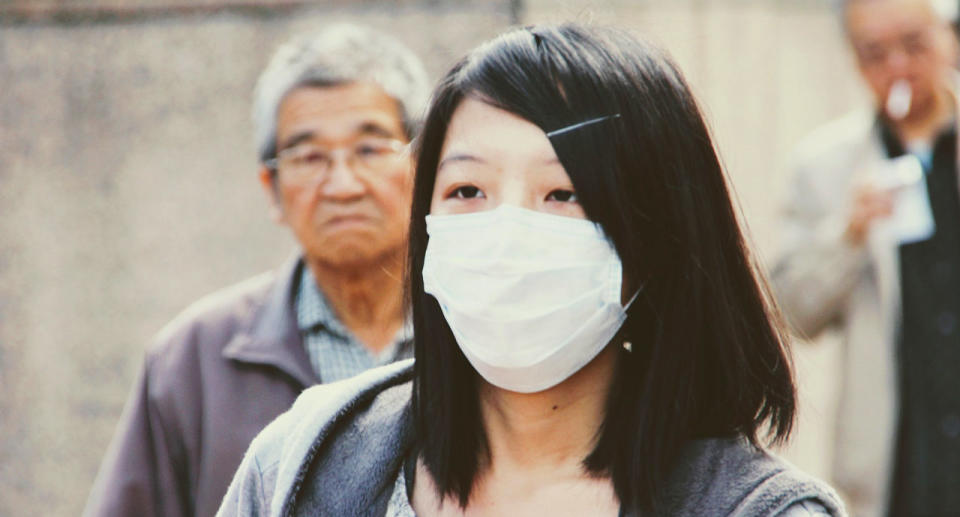As flu season hits, it's worth remembering to stay hydrated and get plenty of rest

December to February is ‘flu’ or influenza season in Singapore, one of two peak periods of infection of this highly contagious viral disease which attacks the nose, throat and lungs.
The flu virus can spread directly through tiny air-borne droplets when an infected person coughs or sneezes or indirectly from an infected surface such as a doorknob and computer keyboard. The virus, which can live on hands and surfaces for 24 hours, enters your body when you touch your nose, eyes, or mouth with your hands.

You are at high risk of developing flu-related complications such as pneumonia, bronchitis, or meningitis if you are:
Below the age of 5 or above the age of 65
Pregnant (and up to two weeks postpartum)
Have a weakened immune system
Have a chronic medical condition such as asthma, kidney disease, diabetes, heart disease

Flu symptoms which usually appear suddenly include:
Fever over 38 C
Sore throat
Cough
Runny or stuffy nose
Body ache
Headache
Chills
Fatigue
Diarrhoea
Vomiting

How long should I stay home if I have the flu?
You are likely to be contagious from the day before symptoms first appear until about five days afterwards. Experts recommend that you stay home from work, school, travel, shopping, social events, and public gatherings during the entire infectious period and for at least 24 hours after you no longer have fever.
If you must leave home to visit a doctor, wear a face mask.

How is the flu treated?
The best way to treat the flu is to get rest and keep yourself hydrated with plenty of fluids such as water, juice, warm soup. Your doctor may prescribe an antiviral medication. If it’s started within two days of the onset of symptoms, antivirals may help reduce the severity of symptoms and prevent complications. Antibiotics aren’t usually prescribed for the flu since they are ineffective against viruses.
Related stories:


